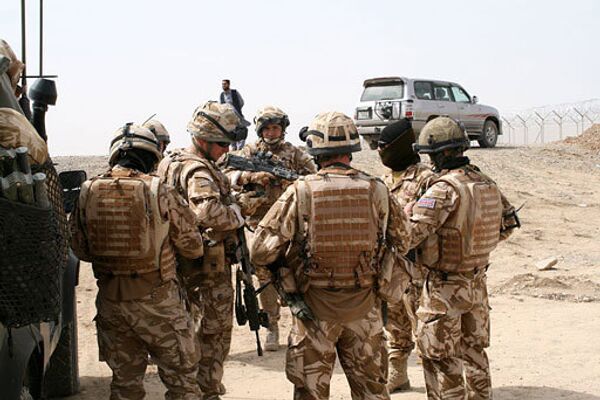MOSCOW, June 5 (RIA Novosti) – The withdrawal of troops belonging to the International Security Assistance Force (ISAF) from Afghanistan will raise the threat of terrorism spreading from the war-torn Central Asian state to Russia and other ex-Soviet countries, a Russian Foreign Ministry spokesman said.
“According to Russian estimates, the spreading of terrorist elements from Afghanistan to member states of the Commonwealth of Independent States, including Russia, is becoming more and more likely with the withdrawal of the International Security Assistance Force personnel,” Spokesman Alexander Lukashevich said.
He said Afghan drug production and trafficking remains one of the most serious threats to global peace and stability.
The planned withdrawal of US troops from Afghanistan by the year-end is feared to destabilize the Central Asian region by letting the Taliban act with impunity.
The withdrawal of American troops from Afghanistan will be scaled down over the next two years to just a tiny fraction of its 100,000-strong contingent the US used to have in the country at the height of the Afghan campaign in 2011.
The troops that will stay behind will be stationed at Bagram Airfield and in Afghanistan’s capital city Kabul. America’s allies are likely to follow suit and pull out by the end of 2016.
The US withdrawal is taking place against a backdrop of deteriorating security and strained relations between Kabul and Washington.
All American deployments to Afghanistan past 2014 will depend on the signing of a long-term bilateral deal between the two nations. But Afghan President Karzai’s refusal to meet Obama in late May during his visit to the US base near Kabul has dented the hope for the agreement to be signed any time soon.




